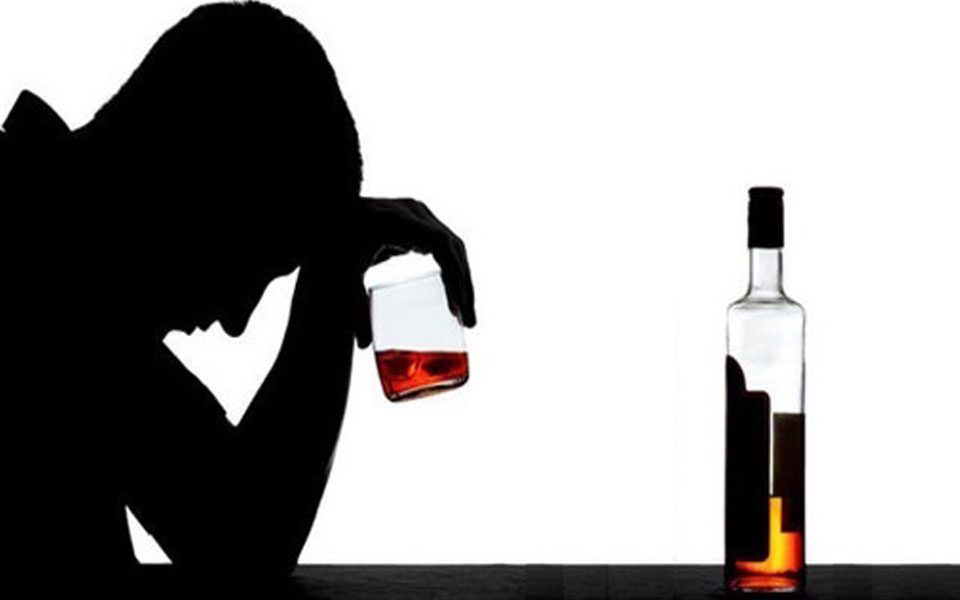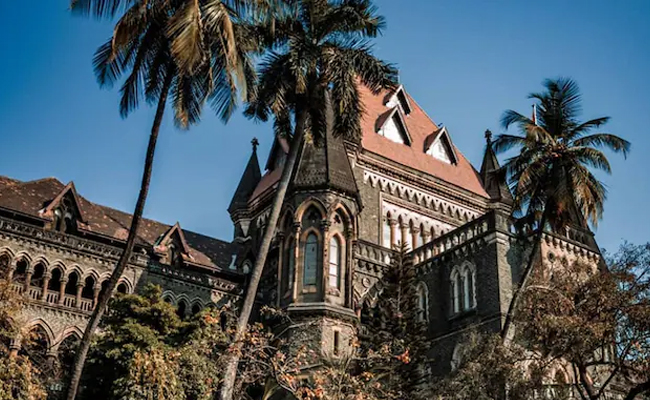Geneva : Drinking too much alcohol killed more than 3 million people in 2016, mostly men, the World Health Organization said. The UN health agency also warned that current policy responses are not sufficient to reverse trends predicting an increase in consumption over the next 10 years.
In a new report Friday, the WHO said that about 237 million men and 46 million women faced alcohol problems, with the highest prevalence in Europe and the Americas. Europe has the highest global per capita alcohol consumption, even though it has already dropped by 10 percent since 2010.
Around a third of alcohol-related deaths were a result of injuries, including car crashes and self-harm, while about one in five were due to either digestive disorders or cardiovascular diseases. Cancers, infectious diseases, mental disorders and other health conditions were also to blame.
“Far too many people, their families and communities suffer the consequences of the harmful use of alcohol through violence, injuries, mental health problems and diseases like cancer and stroke,” said Tedros Adhanom Ghebreyesus, director-general of WHO. “It’s time to step up action to prevent this serious threat to the development of healthy societies.”
The average daily consumption of alcohol by people who consume it is about two glasses of wine, a large bottle of beer or two shots of spirits. Globally, about 2.3 billion people are current drinkers.
The report, the third in a series after ones in 2010 and 2014, relies on information from 2016 — the latest data available. WHO said the trends and projections point to an expected increase in global alcohol per capita consumption over the next decade, particularly in Southeast Asia and the Americas.
“The policy responses which are currently in place in countries are definitely not sufficient to reverse the trends, which we observe in several parts of the world, or to improve significantly this situation,” Dr. Vladimir Poznyak, coordinator of WHO’s management of substance abuse unit, told reporters.
“When we look at the trends of alcohol consumption in many countries from 2000, you can see ups and downs — which are determined by different factors,” said Poznyak, citing countries’ levels of social development, economic backdrops, policy measures and cultural trends.
He said the data showed, for example, that alcohol consumption tends to drop in countries facing economic crisis.
Poznyak said it was “imperative for the governments to put in place measures that can mitigate the harms associated with this increase.”
The Distilled Spirits Council, which advocates for the industry in the U.S.., said in a statement it supports the WHO’s goal to reduce the harmful use of alcohol. “However, we are concerned that some policy recommendations such as increasing alcohol taxes are misguided and don’t effectively address harmful consumption,” it said.
------
Associated Press medical writer Maria Cheng in London contributed to this report.
courtesy : hindustantimes.com
Let the Truth be known. If you read VB and like VB, please be a VB Supporter and Help us deliver the Truth to one and all.
Jaipur: A Dalit LL.B student in the third semester at Government Law College in Churu, Rajasthan, has filed a FIR under the Scheduled Castes and Scheduled Tribes (Prevention of Atrocities) Act, alleging caste-based abuse, threats, and discriminatory marking by two professors.
According to The Observer Post, the complaint was filed at the Kotwali Police Station on February 27, in which the complainant, Meena Meghwal, 30, has accused Professor Apoorva Sharma and Professor Anil of making insulting caste remarks, threatening to fail her, and deliberately awarding her low grades. Police at Kotwali station in Churu filed a case under Sections 3(1)(r) and 3(1)(s) of the SC/ST Act and initiated further investigation. The case has been forwarded to Deputy Superintendent of Police Sunil Kumar Jhajharia, Circle Churu.
In her written complaint, Meghwal, Toruram Meghwal's daughter and a native of Kharia village in Jhunjhunu district, revealed that the alleged incident occurred during a college function in December 2025 and that Professor Sharma grew irritated when she raised a question during the programme.
ALSO READ: Divorce can't be granted citing cruelty based on WhatsApp chat without rebuttal chance to spouse: HC
According to the complaint, the professor allegedly used casteist slurs in front of other students and told her, “You are chamari, you are from a lower caste. You cannot do LL.B. It is not your job,” and also threatened to fail her. The student also named classmates Akash Deep, Akash Mishra, Himanshu and Prem Prakash as being present at the time.
Meghwal further alleged that after the December incident, she continued to face humiliation, claiming that in her practical exams, she was given six marks out of 20, while in other subjects, she earned 12 to 13 points from other instructors.
On February 21, when she sought a reason for the low marks, she alleged that Professor Sharma told her, “It is my wish. I did it. You people are low caste.”
The student said she submitted a written complaint to the college administration but no action followed.
After the FIR became public, Naveen Kumar Nandan, a journalist associated with BAMCEF, shared a copy of the complaint on social media platform X and wrote, “It is very dangerous if the allegations are true.”
Some local sources cited by The Observer Post claimed that there had been earlier complaints regarding the behaviour of the accused professor. Few students have also claimed that during examinations, Scheduled Caste students were targeted and treated discriminatorily. Students have reportedly expressed reluctance to talk publicly due to fears over low attendance or practical marks. These reports have not been independently verified.





